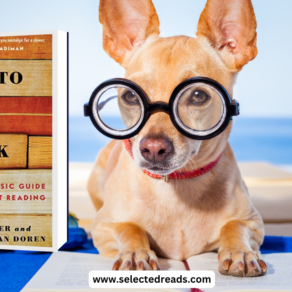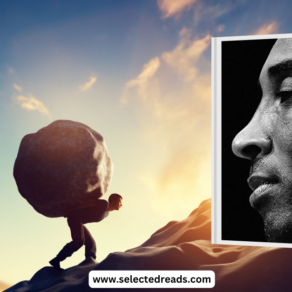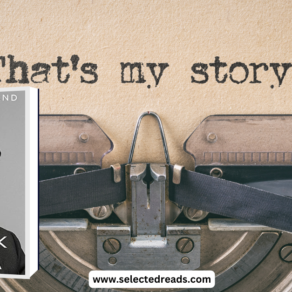“We Want to Do More Than Survive: Abolitionist Teaching and the Pursuit of Educational Freedom” by Bettina Love is a profound and provocative exploration of educational justice, rooted in the author’s experiences as an educator in urban schools and her research on racial violence and systemic oppression.
Love’s book is both a critique of the contemporary education system and a clarion call for a radical and transformative approach to teaching and learning, grounded in the principles and spirit of abolitionism.
Love begins her work with a scathing critique of what she terms the “educational survival complex” — a system that, in her view, perpetuates racial inequities and profits from the suffering of students of color.
Rather than fostering a thriving and inclusive learning environment, this system merely equips students with survival tactics such as test-taking skills, resilience-building exercises, and character education. It represents a flawed approach to education that focuses more on surviving within a broken system than on fundamentally transforming it.
Love proposes a new paradigm: “abolitionist teaching”. Drawing from the history and methods of abolitionists, Love envisions a form of teaching rooted in love, justice, and equality. Abolitionist teaching, in her view, is not about mere survival within an oppressive system, but about the pursuit of educational freedom and the disruption of systemic injustices.
Love’s vision of abolitionist teaching involves a radical reimagining of the education system, grounded in an understanding of the pervasive racial violence and oppression experienced by students of color.
Teachers, parents, and community leaders must not only teach students about these injustices but also equip them with the tools to challenge and change them. This requires a fundamental shift from a survival-oriented pedagogy to one of empowerment and liberation, a shift towards embracing the ethos of critical race theory in education.
Beyond this, Love sees education as a means to instigate sustainable change in communities through radical civic initiatives and movements. This perspective is grounded in her conviction that the struggle for educational justice is inherently connected to broader societal struggles for racial justice and equality.
Weaving in personal stories, research, and historical events, Love elucidates her arguments with both emotive storytelling and rigorous scholarship. She draws inspiration from activists like Ella Baker, Bayard Rustin, and Fannie Lou Hamer, viewing education as a crucial battleground in the larger fight against systemic oppression and racism.
In conclusion, “We Want to Do More Than Survive” is a compelling argument for the pursuit of educational freedom, beyond mere survival. Love proposes a teaching approach that is rebellious, bold, and determined, echoing the spirit of abolitionists. The book challenges educators, parents, and community leaders to reimagine education not just as a path to personal success but as a radical act of social justice and change.
We Want to Do More Than Survive Book Club Questions
Discussing “We Want to Do More Than Survive: Abolitionist Teaching and the Pursuit of Educational Freedom” in a book club setting will allow for engaging conversations on educational reform, racial justice, and the role of teachers in social change. Here are some questions to guide your discussions:
- How does Love’s concept of the “educational survival complex” resonate with your own experiences or perceptions of the education system? Can you identify examples in your local context?
- What does “abolitionist teaching” mean to you? How does this differ from traditional teaching methods you’re familiar with?
- Love argues for education as a tool for sustainable change in communities. Can you think of examples where education has played a significant role in bringing about societal change?
- Love uses personal stories, research, and historical events to make her argument. Which of these did you find most compelling and why?
- In what ways does Love’s book challenge the traditional idea of education as primarily a path to personal success? How does this reposition the role of the teacher and student in society?
- How can Love’s ideas be implemented in your local schools and communities? What barriers might exist and how can they be overcome?
- Love draws inspiration from historical figures like Ella Baker, Bayard Rustin, and Fannie Lou Hamer. How do these individuals’ lives and work align with the book’s core message?
- Love posits that the struggle for educational justice is closely linked with the broader fight for racial justice and equality. How do you see this interconnectedness in current societal contexts?
- How has reading “We Want to Do More Than Survive” altered or solidified your views on education and its role in societal change?
- “Abolitionist teaching” requires a radical reimagining of the education system. What are the potential challenges and benefits of such an overhaul? How can we navigate these complexities in the pursuit of educational justice?
I hope you find We Want to Do More Than Survive summary helpful!







